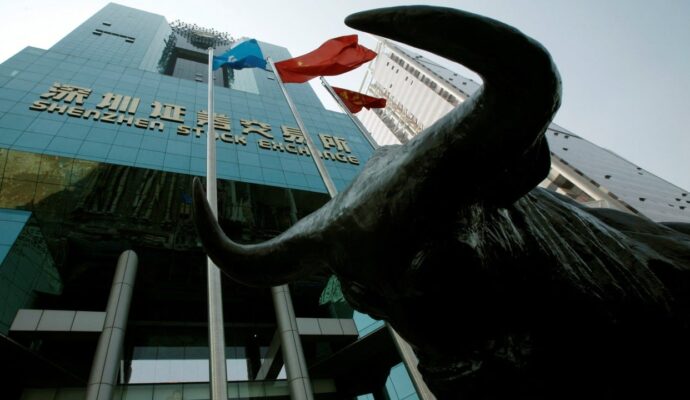
After four years leasing out private holiday accommodation beside the sea in the west of Guangdong province, a downturn in demand has led Chen Mei to regret getting involved in the industry.
Advertisement
“I thought domestic demand would rebound quickly after the [Covid-19] pandemic, but price wars have actually intensified across the industry, squeezing profits year by year,” she said. “I’ve begun scaling back operations. If I could choose again, I wouldn’t have invested in the industry.”
Chen’s downbeat sentiment mirrors the broader struggles of China’s private holiday accommodation sector, which encompasses everything from bed and breakfasts to homestays, guest houses and the renting out of villas. Following the easing of pandemic restrictions in late 2022, waves of new investors and entrepreneurs rushed into the market, lured by a short-lived boom as pent-up demand was released in a phenomenon that came to be known as “revenge travel”.
But the boom quickly faded as a surge in supply, falling guest spending and thinning bookings pushed the industry through a classic boom-and-bust cycle in just a couple of years, leaving operators like Chen in a difficult position.
A report on the industry’s development released this year by Fastdata, a think tank and data provider based in Beijing, said the more than 400,000 private holiday accommodation businesses in China last year – around 60 per cent of them established for three years or less – reaped 42.27 billion yuan (US$5.92 billion) in revenue from bookings.
Advertisement
However, overall market sentiment was poor, the report said, with nearly 60 per cent of operators saying they regretted entering the market.
It quoted one woman as lamenting: “I poured millions into this homestay only to find myself working for a housekeeper’s wage.”


